Social media is changing. What does that mean for politics?
Campaigns can’t just run a bunch of ads on Facebook and call it a day
As Facebook’s parent company chases the metaverse and Twitter adapts to its new owner, political professionals are trying to figure out the best way to campaign on social media.
“I think there’s just a lot of uncertainty,” said Diana Owen, a professor of political science at Georgetown.
Apple’s privacy changes have rendered targeting on Meta’s sites less effective, and while some Republicans saw a growth in Twitter followers after Elon Musk bought the platform, there’s consternation on the left. TikTok, owned by Chinese parent company ByteDance, is fast growing, but some lawmakers want the app banned. Last month, Sen. Marco Rubio (R-Fla.) introduced a bipartisan bill that would block social media companies in or under the influence of Russia and China (sorry also to anyone who uses the Russian VK, but French-owned BeReal users, you’re safe).
Social media is critical for campaigns reaching voters today, with 72% of U.S. adults using at least one platform as of 2021, according to Pew, but before it was standard operating procedure, social media in politics was novel. Former President Barack Obama’s 2008 presidential bid pioneered social media campaigning, reaching a then-impressive 5 million supporters on platforms including MySpace. His campaign even launched its own social network, my.barackobama.com, where supporters could connect and organize.
A lot has changed since MySpace was the hot new thing, though, and the era of running a bunch of ads on Facebook and calling it a day is no more. Campaigns said last year they spent less advertising on the platform than they used to, and people also see less news and politics while scrolling than they once did.
The percentage of U.S. adults who say they get news from social media “sometimes” or “often” has fallen from 53% in 2020 to 50% in 2022, according to Pew. It’s not particularly surprising, considering how insane the news cycle was in 2020 and the fact we were all stuck inside, but it’s more than just user habits. Meta decided to scale back political content after the Jan. 6 attack on the U.S. Capitol, according to documents reviewed by the Wall Street Journal, and the company estimates politics now accounts for less than 3% of content views, down from 6% in the fall of 2020.
The rise of TikTok has competitors including Meta pivoting to video, and it represents a significant evolution away from friend- and follower-based social networks that rely on community — something campaigns are well suited to tap into — towards algorithm-based social media. It’s not who you follow, it’s what your For You page serves you. Owen called the development a “game changer.”
“The people who are able to capture that strategy and use it most effectively are going to gain influence,” she said, but she worries it could exacerbate misinformation. “Members of the electorate who are not that interested in politics, don’t follow it, aren’t particularly well informed, and they get something that’s clickbait. It takes them in a direction they never would have gone in and you can have some lasting implications. I think we’re just beginning to see the effects of that.”
The campaigns that use TikTok are few and far between, and Alesa Mackool, founder of ACM Strategies, said campaigns have to be able to speak the language of the platform naturally, or it’s obvious. Her advice to clients is to be active on more than two platforms, experiment, and go where your supporters are.
“It really is a matter of finding your audience wherever they happen to be,” she said. “If your audience is all going to Mastodon, you need to be on Mastodon. If your audience is going to stay on Twitter, you need to be active on Twitter.”
Campaigns are increasingly reaching voters on streaming platforms and via text messaging, and President Joe Biden’s reelection campaign is planning to work with supporters to share content on platforms that don’t allow advertising, including TikTok and WhatsApp, according to the Washington Post. For Republicans, alternative right-wing sites like Parler, Gettr, or Gab provide another outlet, but Pew found only 6% of U.S. adults regularly get news from these sites. Their audiences are small, loyal, and pro-Trump.
For all the change social media is undergoing, however, it’s likely campaigns will still be posting on many of the same sites next year, even if their strategies change. Reports of Twitter’s death appear so far to be greatly exaggerated, and on Tuesday, the company announced it would begin allowing political ads back after banning them in 2019 (Musk needs cash after 50 of the company’s top 100 advertisers fled as of last November).

If you’re trying to figure out where political social media goes next, Mackool said to look to business.
“Candidates tend to follow whatever is going on in the corporate space, usually by two to five years,” she said. “So we’ll see, like, Coca-Cola will do something interesting with a platform and then a few years later it becomes part of how people campaign.”
Have you seen this?
Former President Donald Trump wanted to trademark the phrase “Rigged Election!” That’s what Jared Kushner told the Jan. 6 select committee, according to transcripts. A search of the U.S. Patent and Trademark Office shows no record of the phrase being trademarked. [New York Post]
Hawaii is retiring its iconic rainbow license plate. Say aloha to one of the best license plates in the U.S. The design has been in use since 1991, and its replacement has yet to be announced. Bro, I’m so sad. 😭 [Hawaii News Now]
Partisan media offers easier-to-read political news than mainstream outlets, study suggests. Researchers found partisan news outlets tend to use shorter sentences and less formal language than nonpartisan outlets, and they present stories in simpler terms, sometimes leaving out facts and context when it benefits their favored party. [Neiman Lab]
What Trump actually got right about his NFTs. What Trump’s NFT trading cards had that the earlier CryptoTRUMP didn’t was the chance to win additional prizes, like a Zoom call, round of golf, or dinner with Trump. It gamifies the experience, and elevates the purchase to more than just an image. [𝘠𝘌𝘓𝘓𝘖]
Like what you see?
Subscribe for more:

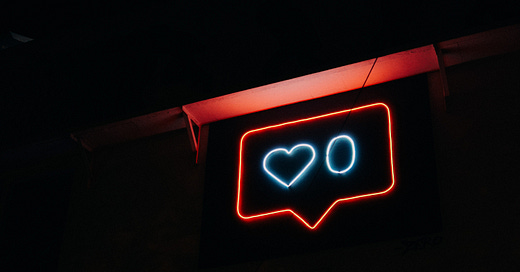


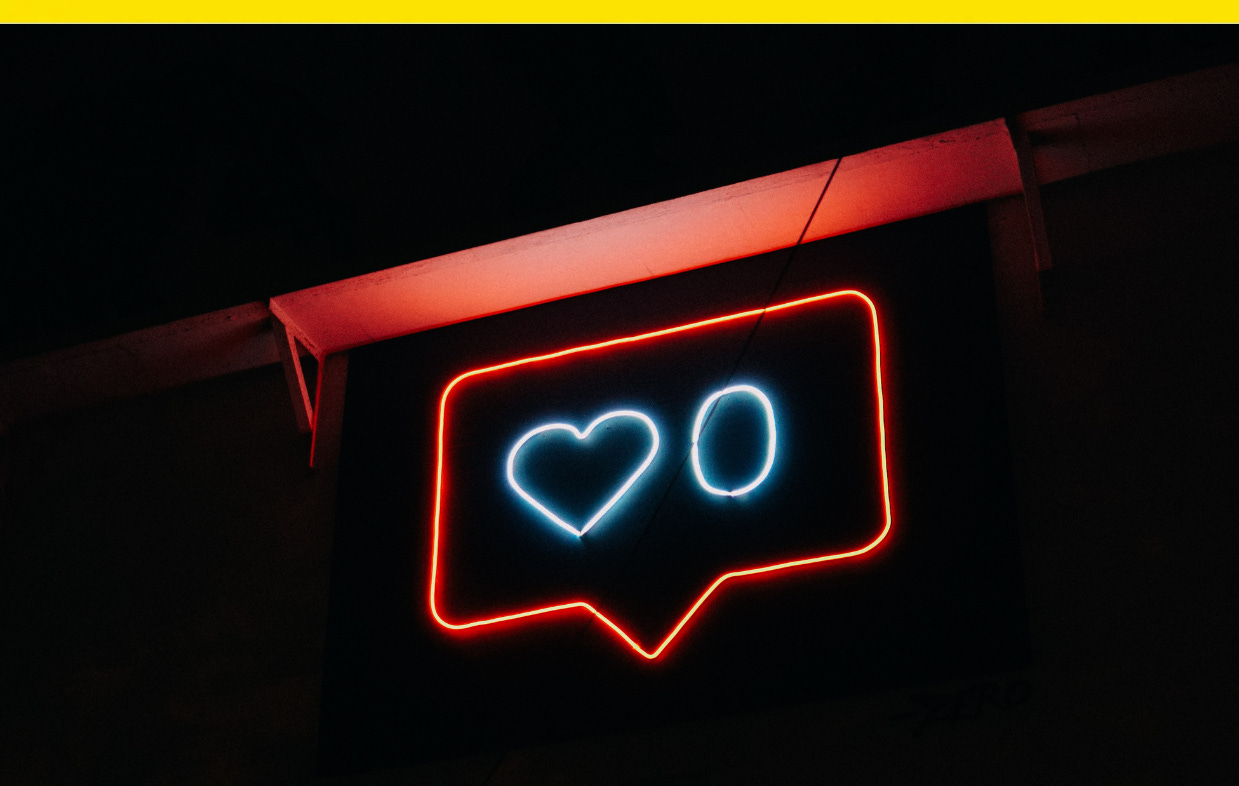
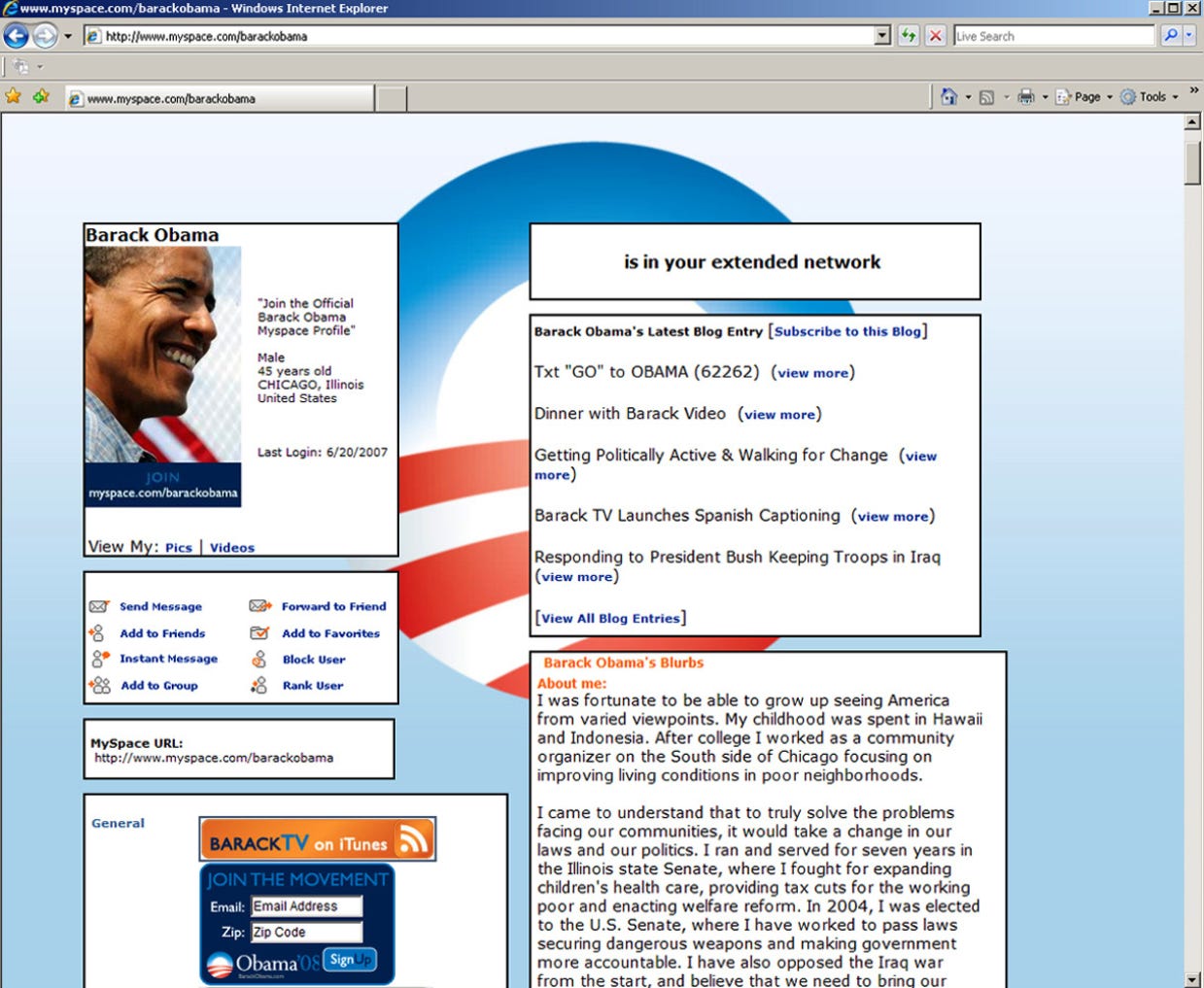
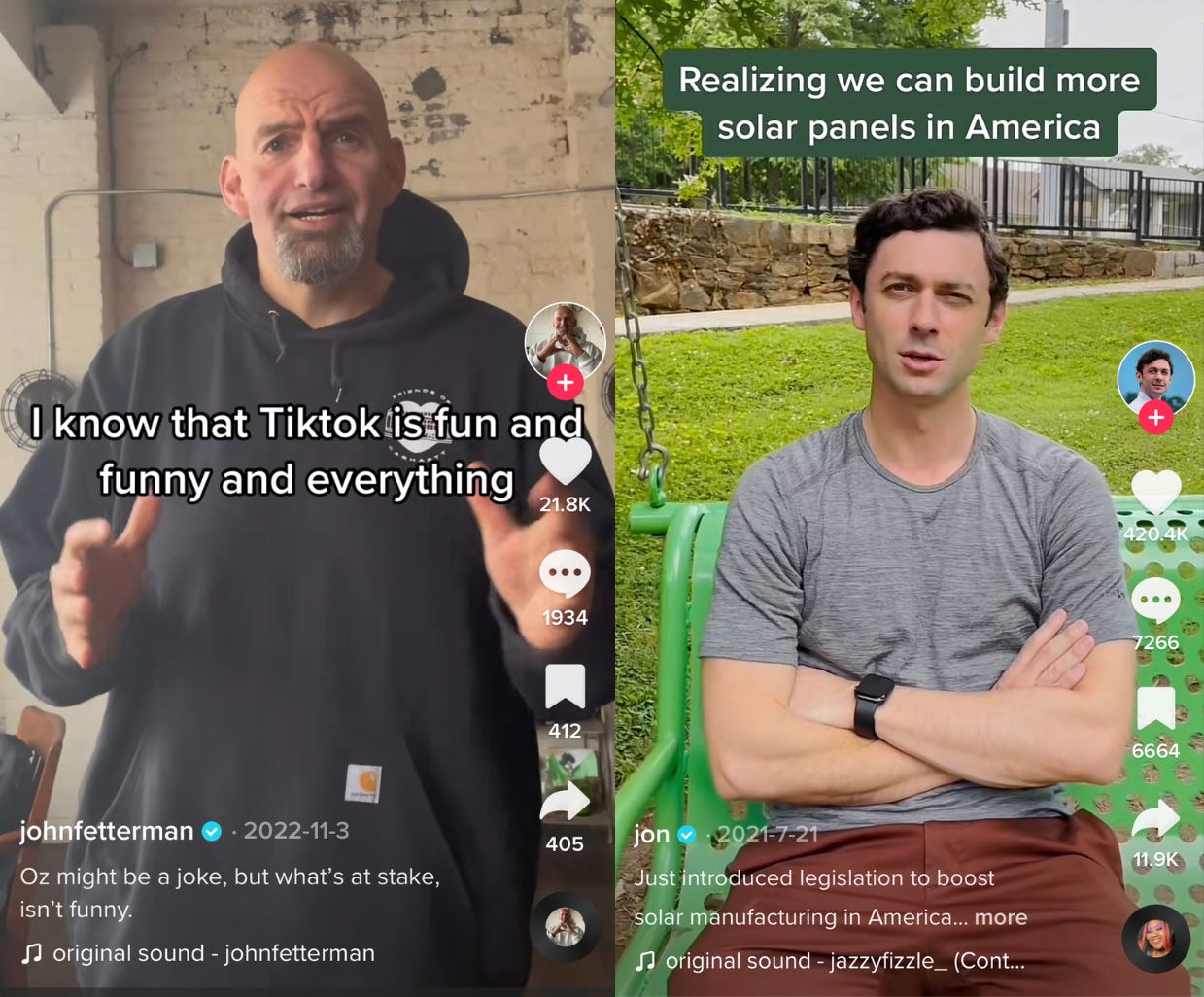

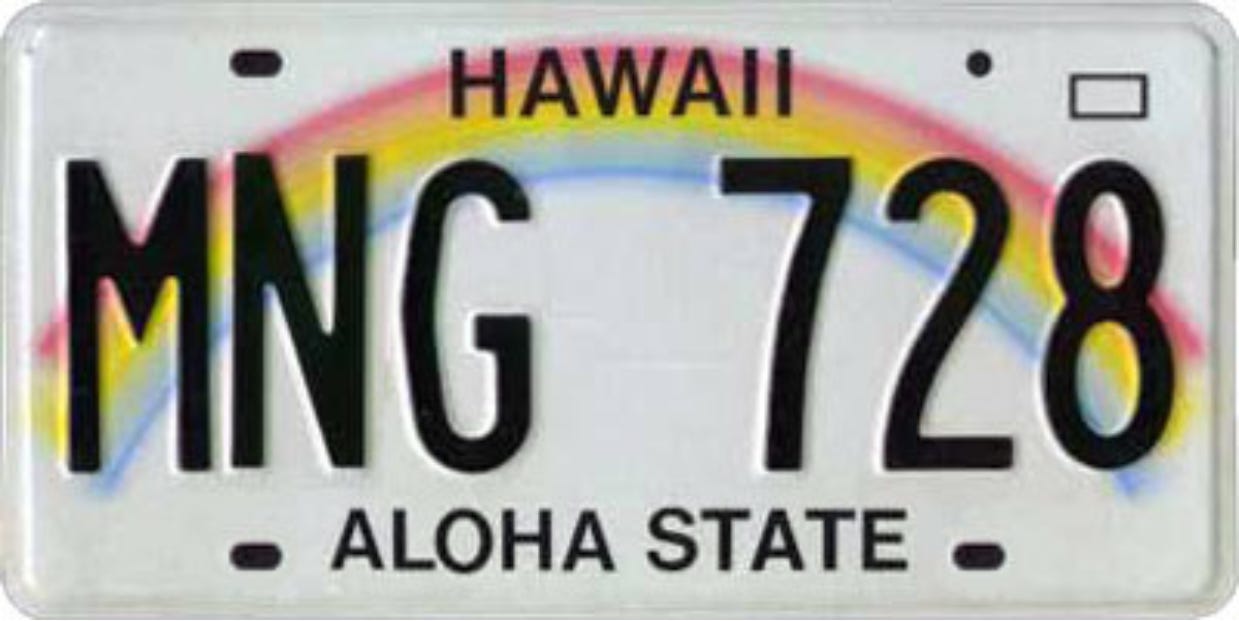
BeReal >>
Has it been used in politics already? I don’t think I’ve seen anyone using it